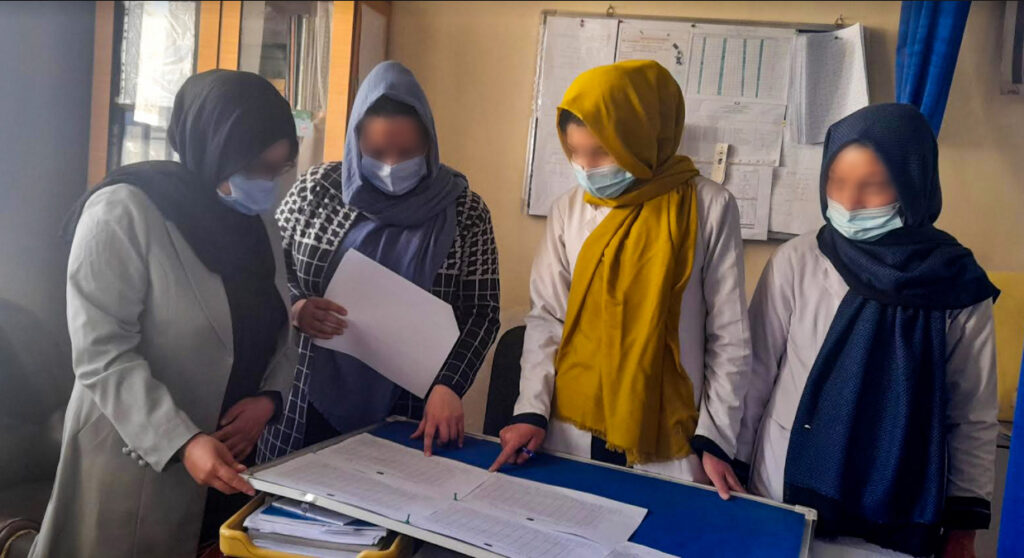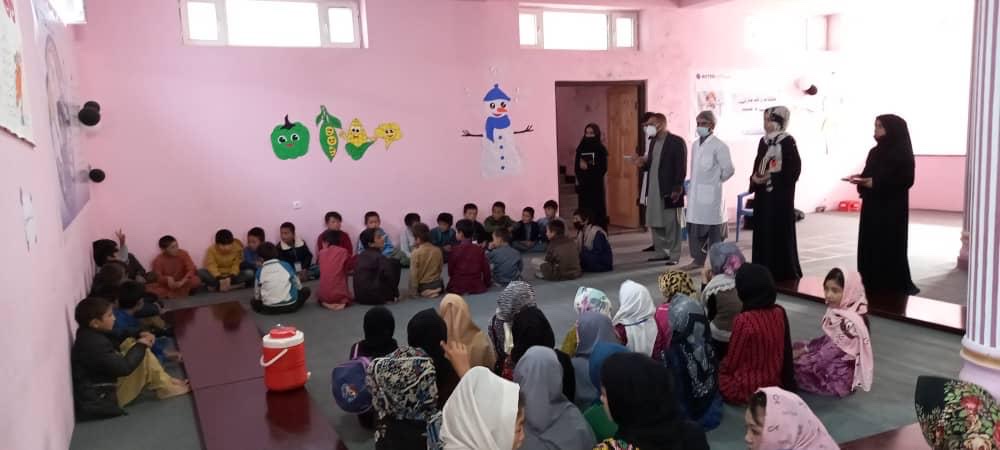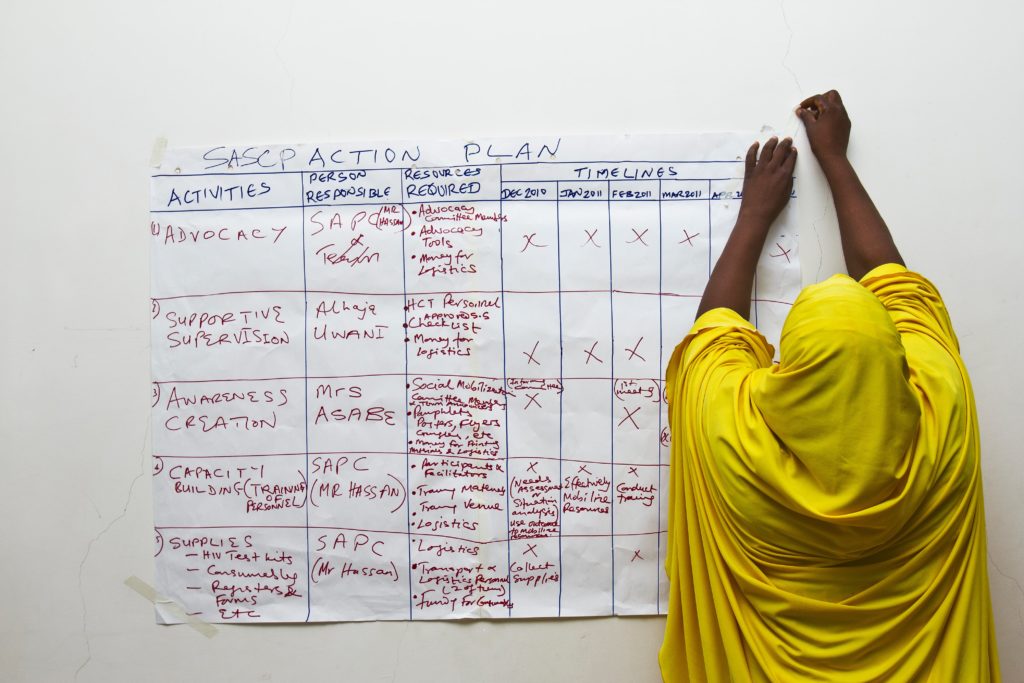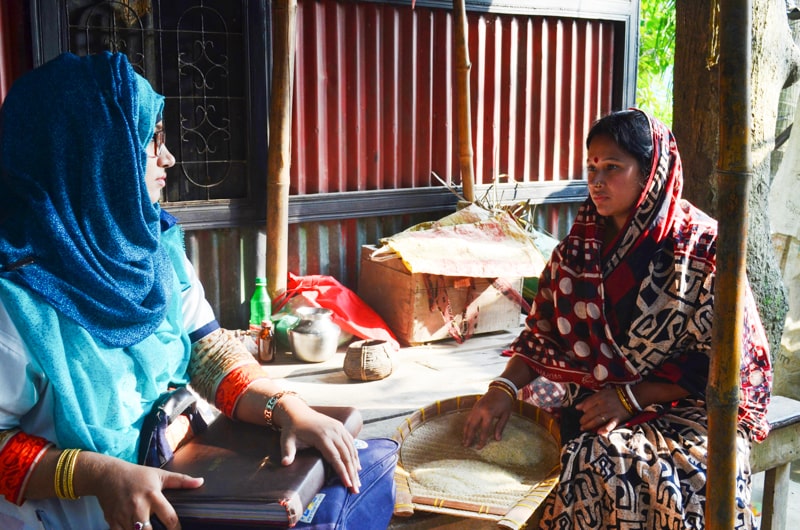Afghanistan
Afghanistan
We have worked in Afghanistan for more than 40 years, beginning with a USAID-funded program to strengthen the Ministry of Public Health and support the expansion of health services in 1973. After the fall of the Taliban regime, we returned in 2002 and worked with health authorities to rebuild the country’s health system and put basic service delivery mechanisms in place, including a basic package of health services and an essential package of hospital services, to reduce maternal and child mortality. The implementation of these health packages has been largely responsible for the dramatic reduction in maternal and child mortality since 2002.
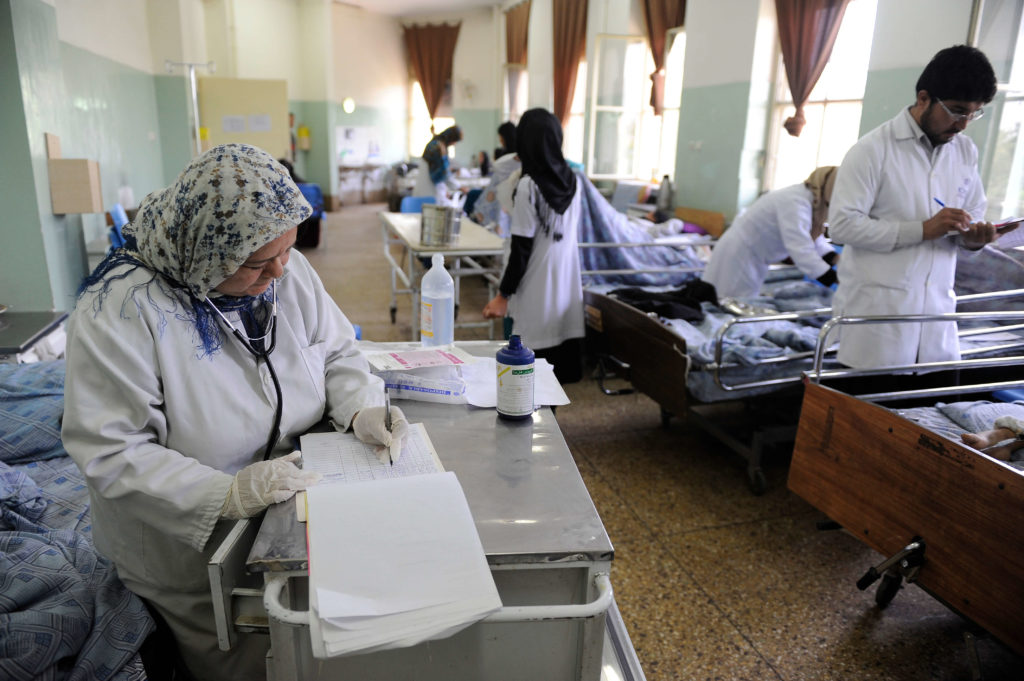
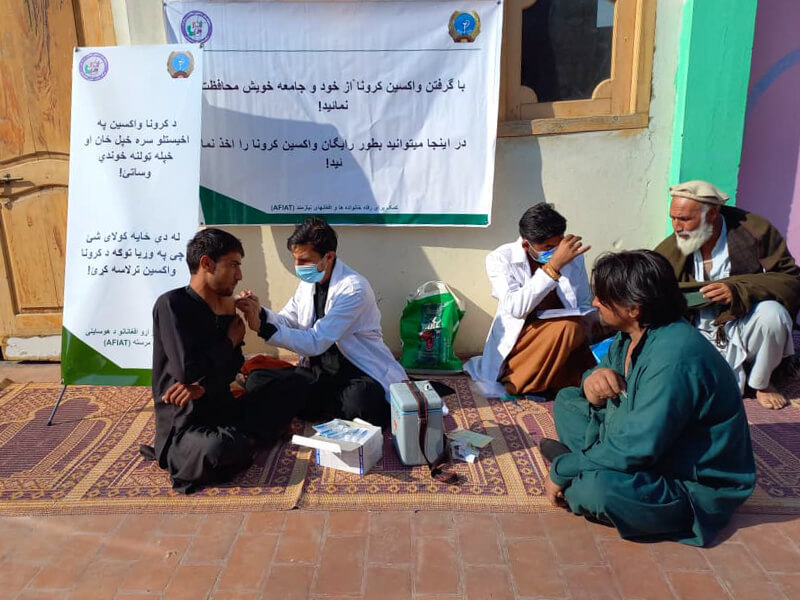
Highlight
Even after the withdrawal of US troops in August 2021, more than 400 of our staff are still working across the country to ensure that children have appropriate nutrition and women can give birth safely, strengthen TB services, provide COVID-19 vaccinations, and ensure that people can access the medicines they need. These programs are critical for the health of the most vulnerable people—particularly women and girls.
Overview
Our lasting achievements in Afghanistan—establishing basic health and hospital services, community midwifery schools, and national health management information system, among others—are the foundation of the country’s health system. We have worked to build up essential health systems to make the country more resilient and to accelerate women’s participation in public health, service provision, and community engagement. We have worked in hundreds of health facilities in every province to provide training, support, and capacity building.
Today, we implement USAID’s flagship health systems program in Afghanistan, which aims to improve the quality of primary and secondary health and nutrition services in targeted rural areas; increase access to high-impact and evidence-based health and nutrition services; enhance adoption of optimal health and nutrition behaviors by communities and households; and collaborate with partners to plan, finance, and manage resilient health services in the provinces of Kabul, Herat, Balkh, Bamyan, Kandahar, Nangarhar, Parwan, Ghor, Faryab, Jawzjan, Takhar, Khost, Ghazni, and Helmand. We are also supporting efforts to strengthen TB services in the major cities of Kabul, Herat, Jalalabad, Kandahar, and Mazar.
Putting Systems Thinking into Practice in Afghanistan
While Afghanistan’s health system has seen steady improvements over the last two decades, a complex set of interconnected challenges presents persistent barriers that impede the delivery of universal health care services, especially in remote or otherwise underserved areas. To navigate these challenges, a systems thinking approach is crucial.
Accelerating the End of TB: Field Research from Management Sciences for Health — 2008-2022
MSH Publications & Resources
MSH has a number of publications and resources from our long history of support to Afghanistan. The topics include health care financing; human resources for health; infectious diseases; leadership, management and governance; pharmaceutical management; primary health care; tuberculosis; and women’s, children’s, and adolescents’ health. MSH is able to share resources upon request. Please send your request to [email protected].
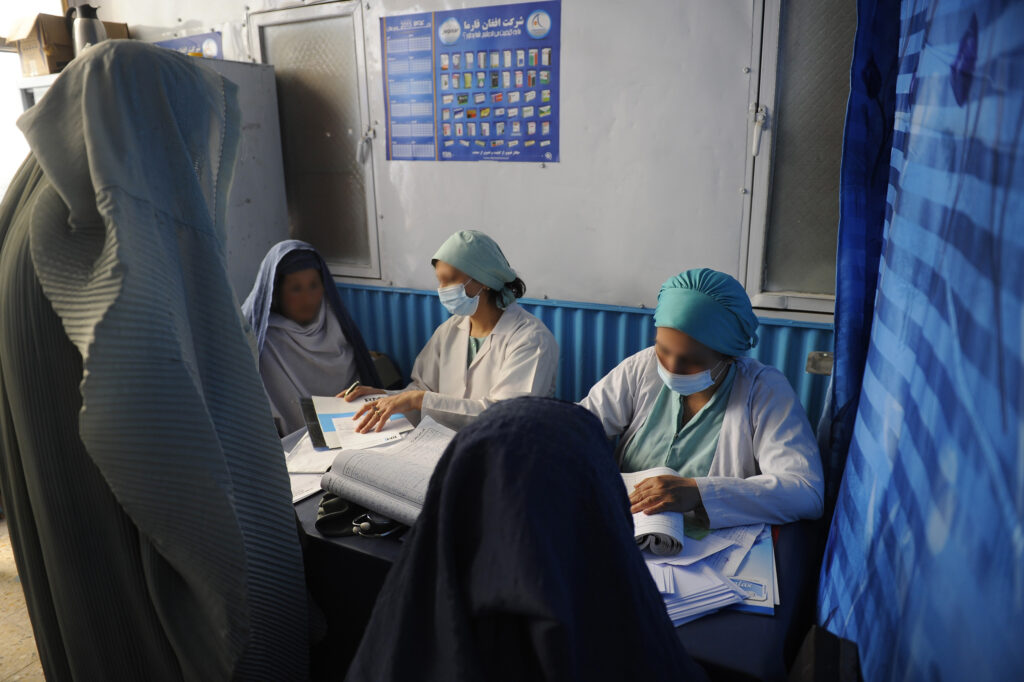
Job Opportunities in Afghanistan
Join us as we help solve the world’s public health challenges through innovation, dedication, and technical excellence. We are looking for talented, passionate people to join us—as employees, consultants, and interns—in advancing our mission to save lives and improve the health of the world’s poorest and most vulnerable people.

